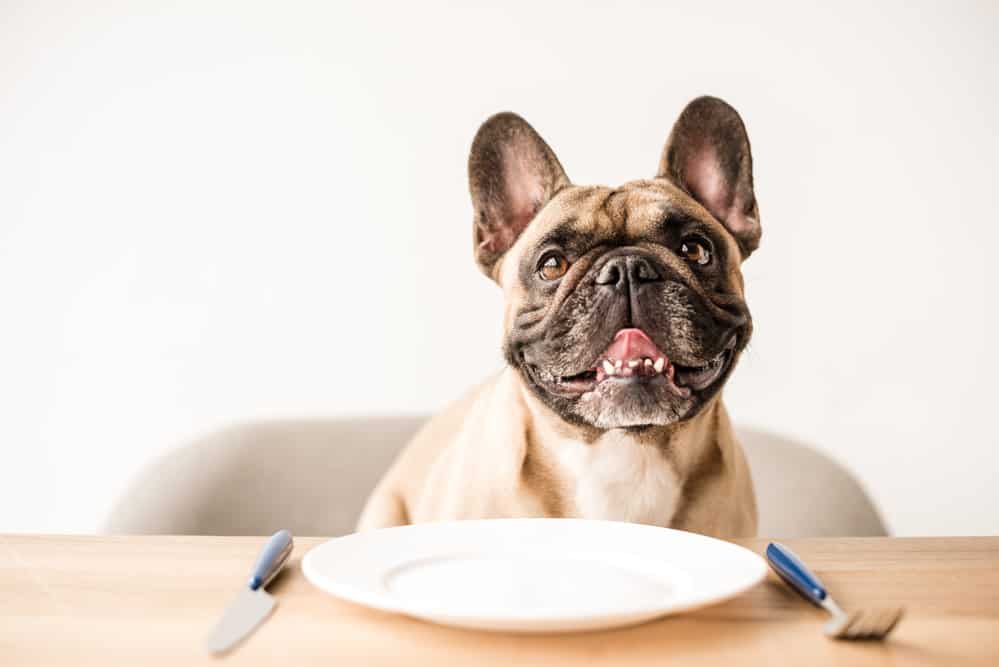We’ve all been there…
You turned around for two seconds, and your dog stole food off the table. (Yes, I’m a dog trainer… but I’m also human.)
What did they steal? Did you know what to do? Do you know what foods are toxic to dogs?
Lucky for you, March is Poison Prevention Awareness Month! (Yes, that’s a thing!)
Toxic Foods for Dogs
Alcohol
We all have that one friend whose dog “loves” beer. While your dog may try to drink out of your glass, any type of alcoholic beverage can cause vomiting, diarrhea, and a plethora of more serious side effects including coma or death.
Chocolate, Coffee & Caffeine
Most dog owners know dogs can’t have chocolate, but do you know why?
All of these contain methylxanthines, which are found in the cacao seeds (chocolate), cacao fruit (coffee) and cacao nut (extract used in soda.)
The more methylxanthine, the more toxic. Which is why dark chocolate (more cacao) is more toxic than milk or white chocolate (less cacao.)
Grapes & Raisins
Believe it or not, nobody is quite sure why these two are so toxic to dogs. While the research about why is unknown, the effects are very apparent having been know to cause kidney failure.
Milk & Dairy
While this one isn’t necessarily toxic, it can cause an upset digestive system. Dogs (and most pets) do not possess a lot of lactase, the enzyme that breaks down lactose in milk. This makes it difficult for them to process milk or dairy.
Nuts
Most nuts contain a high amount of oils and fats, and are often sold with a large amount of additional salt, which can cause vomiting and diarrhea.
Macadamia nuts are much more toxic to dogs causing weakness, vomiting, hypothermia, and other more serious symptoms.
Onions, Garlic & Chives
Consumption of small amounts can cause gastrointestinal discomfort and very bad breath.
Xylitol
You may have not seen this word before, but it’s in a surprising amount of foods. Xylitol is an artificial sweetener used to replace sugar and make a product “Natural” or “Low fat.”
It’s in gum, candies and other sugar-free foods, including peanut butter (mainly natural or low fat/low sugar peanut butter).
Consuming Xylitol can cause insulin release and can eventually lead to liver failure.
My Dog Ate Something Bad… Now What?
If your dog ingests any of the food above, or something you’re unsure about, call your vet. They can provide you with instructions with what to do now and if your dog needs to be seen.
If you vet isn’t open, call an emergency vet clinic in your area.
If all else fails, you can call the ASPCA Animal Poison Control Center at (888) 426-4435. There may be a charge associated with this call, but it also may save your dogs life.
**Source: https://www.aspca.org/pet-care/animal-poison-control/people-foods-avoid-feeding-your-pets
